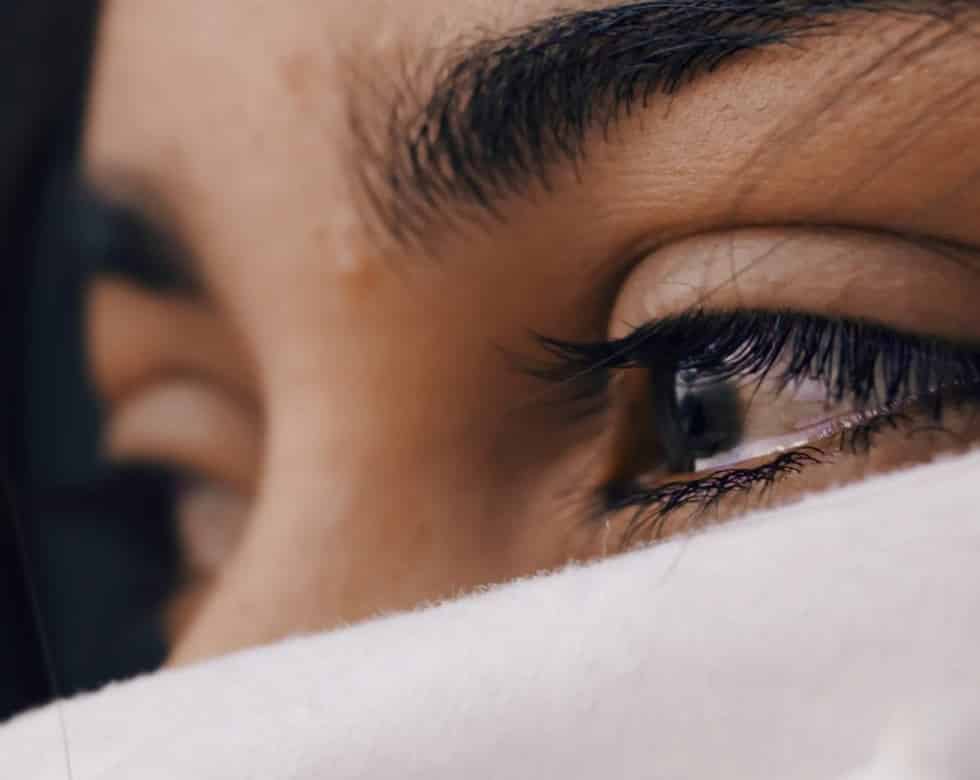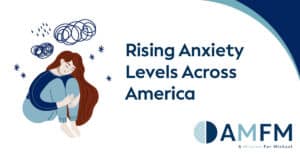Everyone has their ups and downs, but with bipolar disorder, also known as manic depression or manic disorder, these peaks and valleys are more straightforward as it seems.
Bipolar disorder is a reason for the severe change in mood, energy, thinking, and behavior after the highs of a maniac on one dangerous, to the depths of depression on the other.
After than just a brief good or bad mood, the series of bipolar disorder last for days, weeks, or maybe for months. The mood changes of bipolar disorder are so powerful that they can affect your school or job performance, may damage your relationship, and disturb the capabilities of your daily function.
During a miserable episode, you may feel too tired to get out of the bed, and bursting of self-loathing and impossibility of being over from difficult situations.
The causes of bipolar are not totally understood but often considered to be hereditary. The initial manic or depressive episode of the disorder typically happens in teenage years or early adulthood. The indication can be simple yet confusing, which leads to ignorance or misdiagnosed, which results in needless suffering.
Meanwhile, bipolar disorder inclines to degrade without treatment; it is significant to understand the symptoms. Knowing the problem is the initial step to feeling good and getting your life back on track.
Signs of Bipolar Disorder
There are many types of bipolar and connected disorders. This may include mania or hypomania and depression. The indication can cause random changes in mood and behavior, which may result in significant distress and trouble in life.
Bipolar I disorder: – If you ever had at least one manic episode that may be headed or monitored by hypomanic or main depressive episodes. In a few cases, mania may activate a break from reality (psychosis).
Bipolar II disorder: – You might have depressive episodes and at least one hypomanic episode, but you have never had a manic episode.
Cyclothymic disorder: – You might have this once in one or two years between your childhood or as a teenager. This includes numerous periods of hypomania symptoms and periods of depressive symptoms, however less severe than the main depression.
Other types: – In this, for instance, bipolar and connected disorders encouraged by alcohol or due to a medical condition, such as several sclerosis or stroke and Cushing’s diseases.
Bipolar II disorder is not a slighter form of bipolar I disorder, but it is different from diagnosis. Though the manic episodes of bipolar I disorder can be simple yet hazardous, individuals with bipolar II disorder can be depressed for quite long periods, which can be a reason for prominent impairment. While bipolar disorder can happen at any age, naturally, it is diagnosed in early teenage years or at times in the early 20s.
Mania and Hypomania
We know mania and hypomania, these two are separate types of incidents, but they usually have similar symptoms. Mania is extra severe than hypomania, and reasons are more noticeable problems at work, school, and social activities as well as difficulties in a relationship. Mania usually gets generate from reality (psychosis) and necessitates hospitalization.
- Together Manic and Hypomanic episode comprises three or more of these symptoms:
- Unusually upbeat, Jumpy or wired
- Enlarged action, energy or agitation
- Overstated sense of well-being and self-confidence
- Less sleep
- Rare talkativeness
- Running thoughts
- Distractibility
- Bad decision making
Main Depressive Episode
A major depressive episode comprises symptoms that are enough to cause noticeable effort in day to day activities, such as work, school, social events, or relationships. Also, this episode includes five or more of these symptoms:
- Depressed mood, such as feeling upset, empty, or hopeless this may occur in childhood or adulthood, can see as irritability.
- Noticeable loss of interest or feeling no pleasure in all or almost in every activity
- Major weight loss when not even dieting or vice versa, decrease or increase in appetite.
- Both insomnia and sleeping too much.
- Either agitation or sleeping excessively
- Exhaustion or less of energy
- Feelings of unimportance or excessive or inappropriate fault
- Reduced ability to think or concentrate or indefiniteness.
- Thinking about, planning or attempting suicide
Bipolar Disorder
Signs and symptoms of bipolar I and bipolar II disorder may include different features such as anxious distress, melancholy, psychosis, or many others. The effectiveness of symptoms may comprise diagnostic labels such as varied or rapid cycling. Furthermore, bipolar symptoms may happen at the time of pregnancy or else change with the seasons.
However, there is no definite way to cure bipolar disorder. Though getting treatment at the initial sign of mental health disorder can help prevent bipolar disorder or other mental health conditions from getting worse. If one is diagnosed with bipolar disorder, a proper treatment might help you prevent from becoming a full victim of mania or depression.









